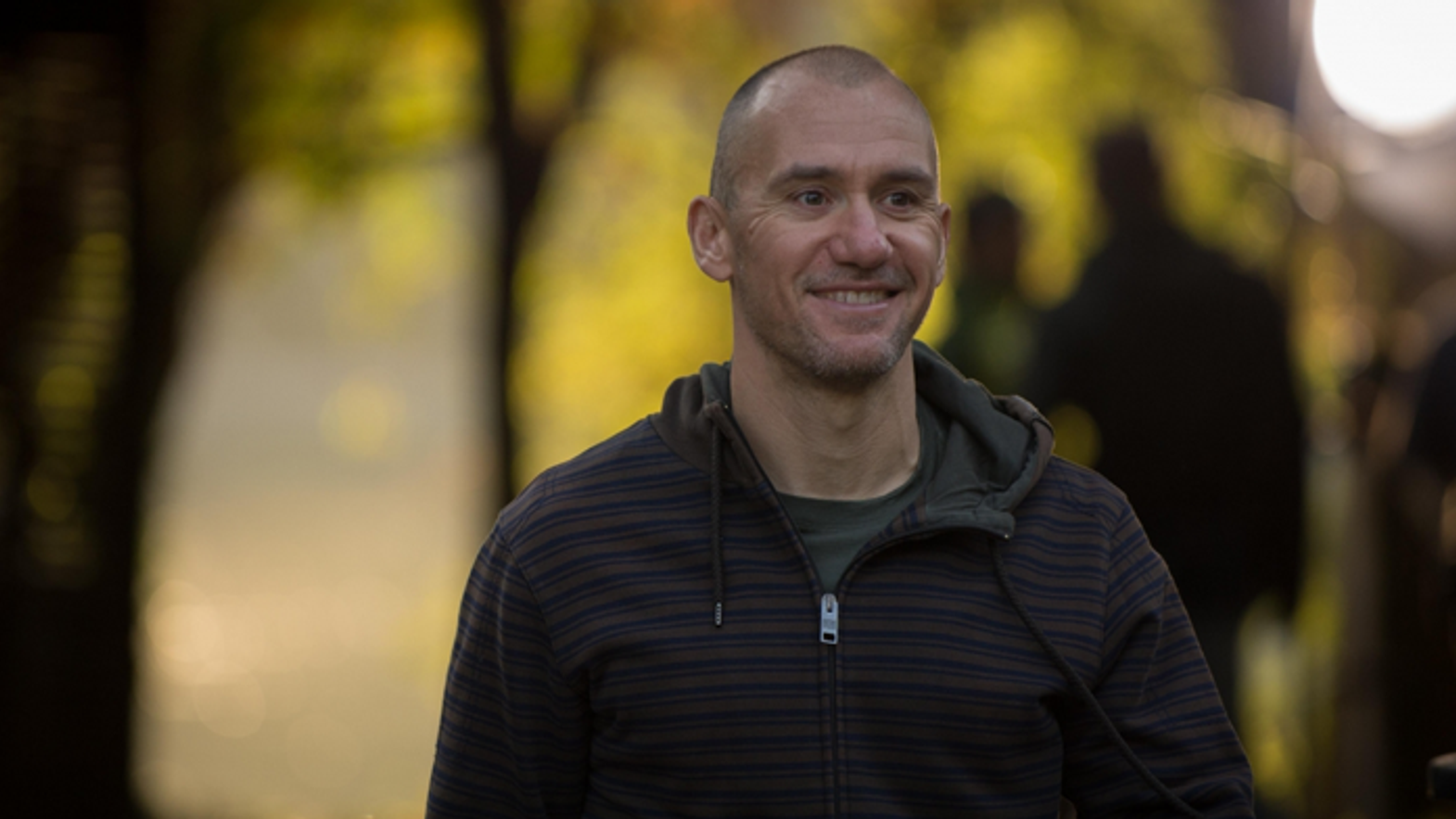
Your film, Alice T., is based on the story of a girl who lies to everyone, even to herself. Where did the idea come from?
Somehow I always had in my family or around me an adopted child, so this type of character has caught my interest for some time. Initially it was a way of reconciling with some stories from my past, and a process of understanding this chameleonic behavior pattern better which is, for me, a manifestation of a kind of survival instinct, a form of gaining attention and control, which can be, both scary and emotional.
Alice T. is a film supported by the extraordinary performance of a young actress like Andra Guţi. How did you meet her?
It was a long casting process. I saw more than 800 girls, but to be honest, I knew early on that Andra will be the best option for the part. I didn’t tell her though right away, because I wanted to see if she is ready to work as hard as I knew it would be necessary. Finally, I consider myself very lucky to have met her, she’s got extraordinary instincts.
The film has a plot that leads to a very strong ending. Have you had this clear structure in mind since the beginning or has it been a build-up that has evolved over time?
I worked for several months on the structure of the script, together with Răzvan Rădulescu and Alex Baciu and yes, that ending was fixed from the first version of the synopsis.
Once again, the work on images shows the great harmony that exists between you and cinematographer Tudor Lucaciu. What is your way of working together?
Tudor and I have been working together since film school. And although we made five feature films, one documentary and a few hundred commercials, it is not always an easy relationship. But, since easy is not what I’m looking for and Tudor is one of the most passionate and talented persons I know, the result is always rewarding. Maybe the fact that, despite our long common history, we’re not always completely in tune is making the whole filming process more alive and creative, for the benefit of the film.
You have already been to Locarno in 2006 with Hîrtia va fi albastrã (The Paper Will Be Blue). After twelve years, what kind of memories do you have of that experience?
It was my first big Festival and I have vivid memories about the film premiere in the FEVI. I can’t think of many places where you can have around 3000 people at your gala screening. It is really a privilege to be back here, one of the very few festivals that supports arthouse and independent cinema.